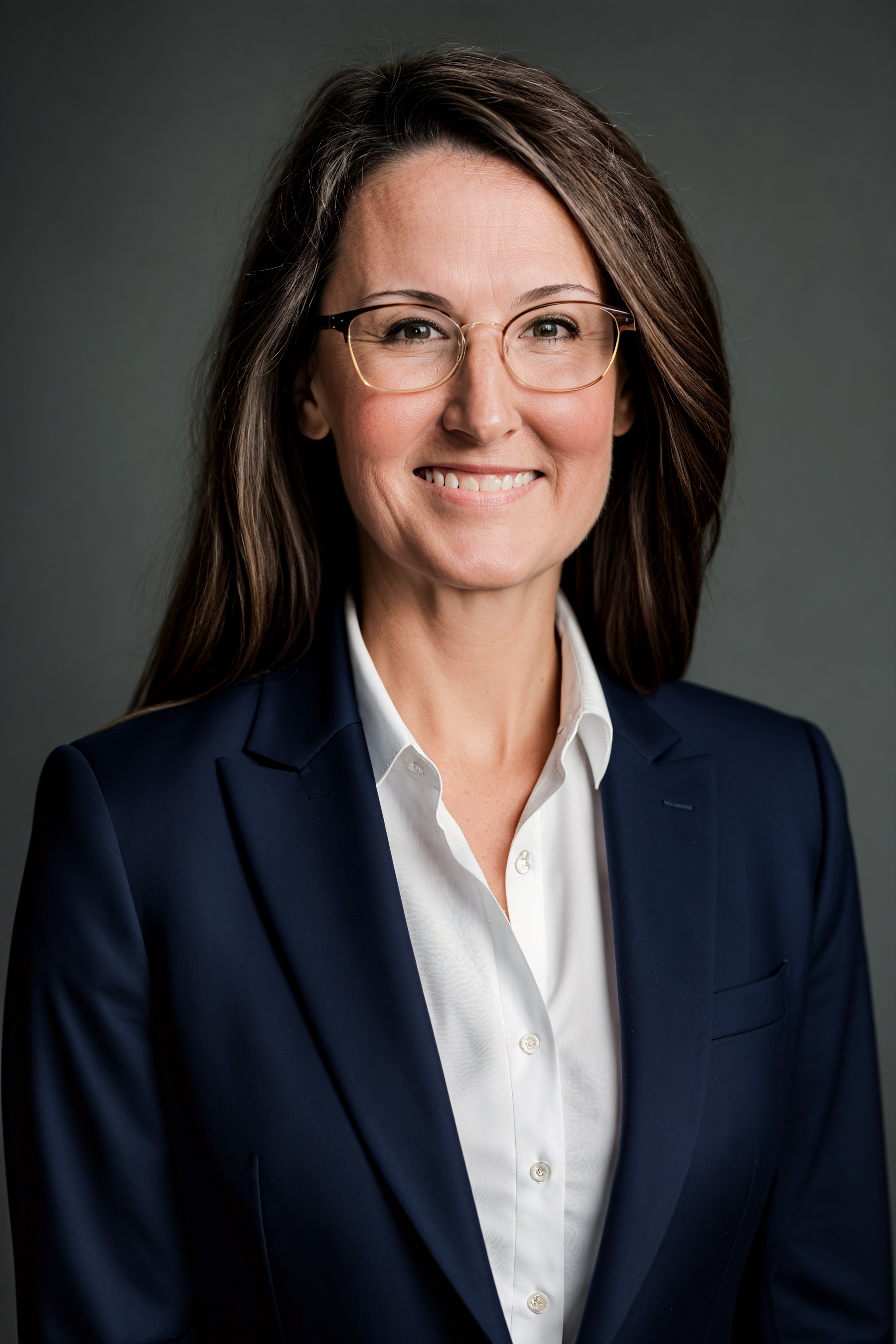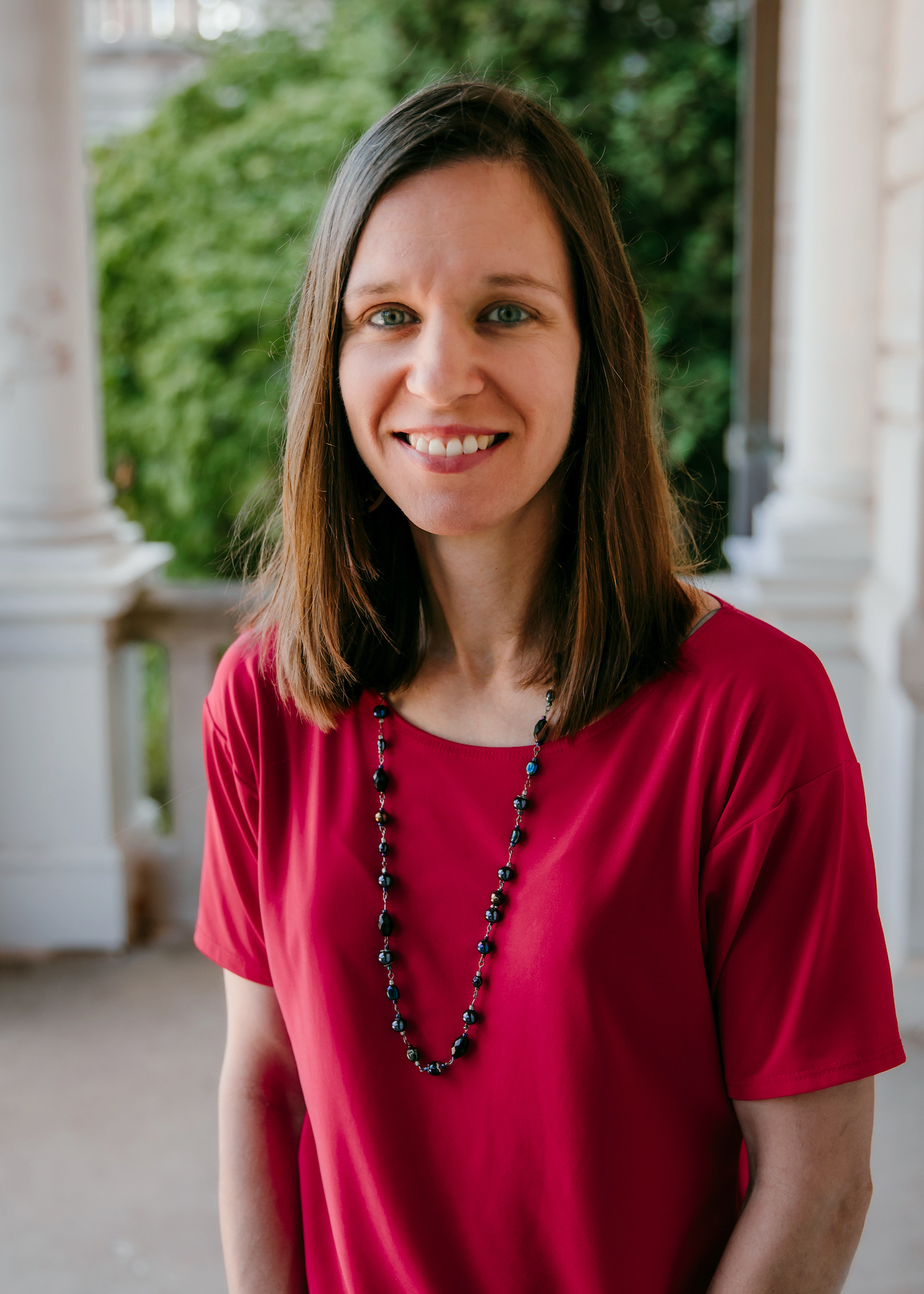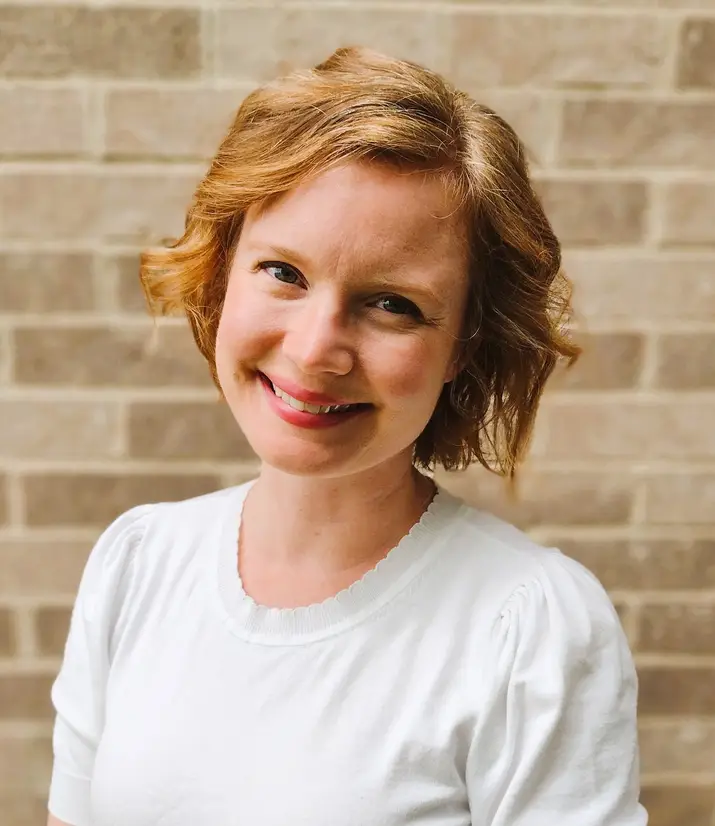Get started with Mizzou
Apply hereMaster of Education
School goes beyond academics to strengthening social skills and fostering each student’s socioemotional development. School counselors help establish this foundation, often with the goal of reducing bullying, instilling resilience and advocating for all students. Districts increasingly realize the importance of supporting student mental health and creating an encouraging atmosphere for all, and this pattern has since fueled demand for more school counselors — in Missouri and beyond.
Ready to make a difference in the lives of current and future students? Prepare for licensure while growing your understanding of socioemotional development in children and adolescents with an online master of education with an emphasis in school counseling from Mizzou. With the option to pursue licensure at elementary, secondary or all levels, this program blending online learning with two practicum assignments stands upon Mizzou’s decades-long legacy and mission while accommodating working professionals and individuals in rural areas looking to uplift their communities.
Graduates will be certificate-eligible as school counselors in the state of Missouri at both the elementary and secondary levels. Most states honor reciprocity from Missouri’s school counseling certification; check your state’s requirements.
Quick facts
Official name
Master of Education in Educational, School and Counseling Psychology with an emphasis in School Counselor, Elementary and Secondary, CertificationCampus
Program type
Master's degreeAcademic home
College of Education & Human Development | Department of Educational, School and Counseling PsychologyDelivery mode
100% onlineAccreditation
Higher Learning Commission, Missouri Department of Elementary and Secondary Education (DESE), Council for the Accreditation of Educator Preparation (CAEP)Credit hours
60Estimated cost
$35,394.00*This cost is for illustrative purposes only. Your hours and costs will differ, depending on your transfer hours, your course choices and your academic progress. See more about tuition and financial aid.
About the MEd in school counseling program
Mizzou is known for pioneering applied counseling psychology. Our counseling program was one of the first to receive American Psychological Association (APA) accreditation and has maintained that status since 1953. Our master’s in school counseling programs are additionally accredited by the Missouri Department of Elementary and Secondary Education. The program is also an American Counselor Association recognized school counselor preparation program (ASCA).
This history also emerges through the program’s current format. To start, the curriculum is based around a science-practitioner method of training, in addition to a comprehensive school guidance and counseling program model — aspects established by Norm Gysbers, Ph.D., a former University of Missouri faculty member nationally and internationally recognized as “the father of modern school counseling.” This approach emphasizes applied counseling psychology theory, research and practice while providing developmentally appropriate mental health support and career guidance.
Both with the online format and subjects introduced, the Department of Educational, School and Counseling Psychology looks ahead. Considered experts in vocational psychology, career assessments and school psychology, our nationally recognized and published faculty teach both on-campus and online courses and help shape this stage of your educational and career journey through mentorship.
In terms of your desired occupation, counseling helps all students thrive and contributes toward a more welcoming, supportive school environment. With these goals in mind, this online master’s in school counseling:
- Trains you to think critically and apply scientifically based psychology theories to the K–12 environment
- Helps you become an agent of change through scholarship, counseling practice and advocacy
- Emphasizes the importance of ethically competent counseling
- Highlights how school counselors advocate for students and supporting community mental health
- Equips you to practice in a wide variety of school settings and academic levels
- Provides insight into the social, academic and mental health needs of children and adolescents
- Instructs you in college and career counseling techniques to assist students in the next stage of their lives

Career prospects
Be the force of change within your school. The online master’s in school counseling gives you the tools to foster an encouraging culture and provide K–12 students with the direction they need, whether for solving conflicts, managing difficult emotions, handling academic or social challenges or preparing for college and beyond.
If you envision yourself making this impact, the online master’s in school counseling is ideal for psychology, K–12 and community organization professionals seeking a career change or looking to expand their skill set or credentials. The Bureau of Labor Statistics predicts 10% more roles for school counselors and advisers over the next decade.
Completion of this program makes you eligible to pursue certification as a Certified School Counselor in Missouri, including in elementary, middle and high schools and in applied settings.
Program structure
For this 60-credit-hour program, all courses are fully online and typically use an eight-week format. Most classes are asynchronous, but some will meet live online at set times for real-time interaction. No on-campus visits are required, and students take one course at a time to finish their degree in about three years.
No matter the certification desired, all students complete two practicum assignments. Nine semester hours are required for elementary and secondary certifications. Certification for all levels involves three additional semester hours. Your plan of study will include ESC_PS 8940: Counseling Psychology Practicum (12 credit hours), which requires the supervision of counseling in an approved setting.
If you do not currently have K–12 teaching certification, you will take six credit hours of teacher preparation courses in order to be eligible to obtain school counseling certification: ESC_PS 7000 and SPC_ED 7300. These courses are included within the 60 credit hours required to complete the program.
Coursework includes
You’ll be introduced to counseling in a school setting through required courses covering:
- Development across the lifespan, with focus given to children and adolescents
- The legal and ethical aspects of school psychology
- Education and psychology measurement and assessment strategies
- Contemporary counseling theories
- Group counseling techniques
- Behavior theory and socioemotional assessment techniques for conducting interventions
- Evidence-based psychotherapies involving children and adolescents
Delivery
100% onlineCalendar system
8 and 16 weeksTypical program length
3 yearsTypical course load
1 class at a timeAccreditation
The University of Missouri is accredited by the Higher Learning Commission, one of six regional institutional accreditors in the United States.
The school counseling master’s program is accredited by the Missouri Department of Elementary and Secondary Education (DESE).
This program is accredited by the Council for the Accreditation of Educator Preparation (CAEP), an ASCA- Recognized School Counselor Preparation Program.
Faculty spotlight

Jessica Bendure is an assistant teaching professor in the College of Education and Human Development at the University of Missouri. Her research interests include the preparation and competencies of school-based mental health counselors, the role of school counseling in promoting academic achievement and the impact of mental health services in K–12 settings.

Swank Fastenow is a teaching professor in the College of Education and Human Development at the University of Missouri. Dr. Fastenow is a licensed mental health counselor, a licensed clinical social worker and a registered play therapist supervisor with experience working with children and adolescents across various settings. Her research interests include promoting the holistic development of children and adolescents using play and nature-based interventions, counselor development, assessment and international counseling.

